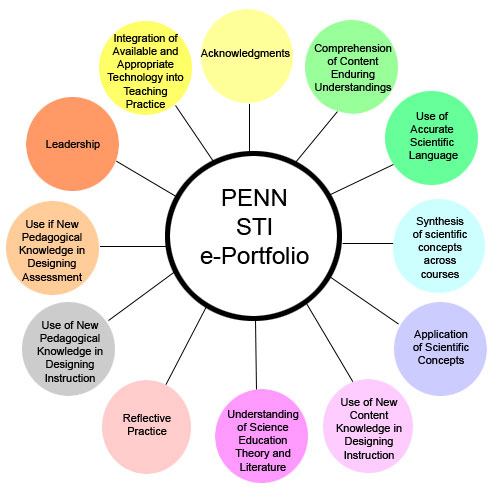| Baseline
Evidence: Answer to MCE application question #4 & application essay #2 MARCH 2007 |
||
This baseline evidence shows, that while I felt I could recognize good teacher leaders, I had never actually formally done anything to improve the professional practice of my colleagues because I had not fully identified myself as being capable of fulfilling that role. I was interested in improving my own pedagogy and that of others, but I still felt that I had much to improve before formally placing myself in a position of leading others towards pedagogical change. Thus, while I had engaged in other leadership roles in my school (e.g. overseeing renovation, chemical storage, grant writing), beyond the occasional and informal collaboration (curriculum design and lesson planning) with fellow teachers, I was NOT a teacher leader. |
| Later
Evidence: |
| EVIDENCE A and reflection: (opens in new
window) Informal e-mail exchange with fellow teachers in my district SEPT & OCT 2008 |
| EVIDENCE B and reflection:
(opens in new
window) Feedback from and reflection upon the applet POGIL PD given in Edu636 MARCH 2009 |
| EVIDENCE C and reflection:
(opens in
new window) An e-mail exchange with the superintent of my district, Dr. Loretta Bellina JUNE 2009 |

